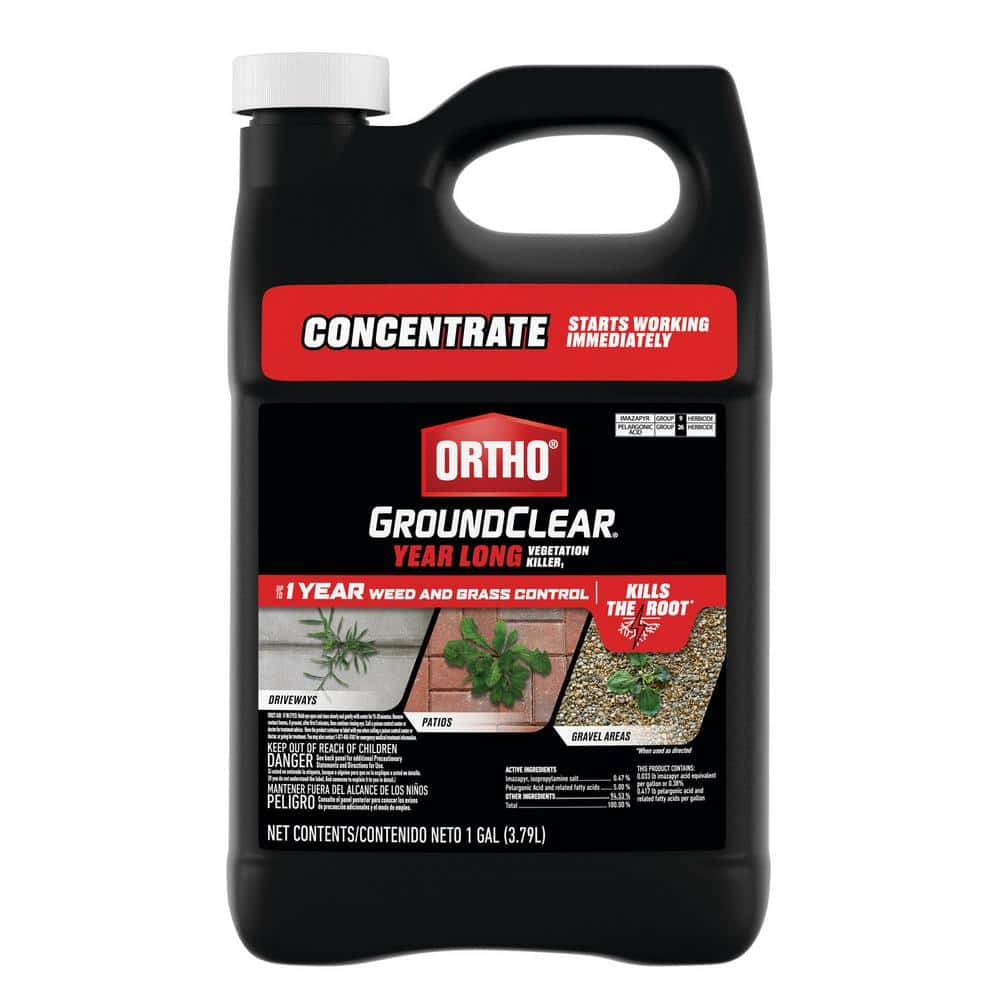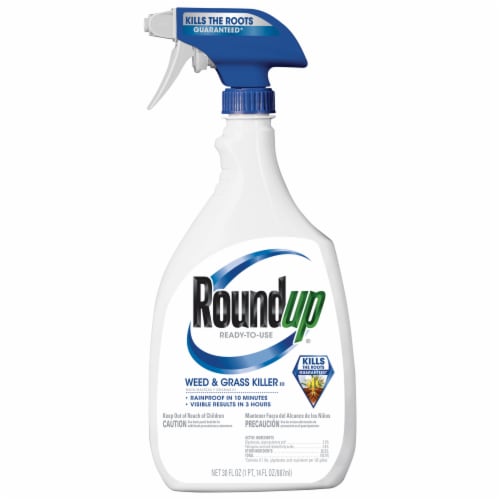Say Goodbye To Weeds In Your Driveway With These Effective Weed Killers
Say Goodbye to Weeds in Your Driveway with These Effective Weed Killers
Weeds are a common problem in driveways, patios, and other hardscapes. They can make your property look unsightly and can even damage your concrete or other surfaces. If you're tired of fighting weeds, there are a number of effective weed killers that you can use.
In this blog post, we will discuss some of the most effective weed killers for driveways. We will also provide tips on how to use these products safely and effectively.
What are the different types of weed killers?
There are two main types of weed killers: contact herbicides and systemic herbicides. Contact herbicides kill the parts of the weed that they come into contact with, such as the leaves and stems. Systemic herbicides, on the other hand, are absorbed by the leaves and roots of the weed and kill it from the inside out.
Contact herbicides are typically faster-acting than systemic herbicides, but they may not kill the weed's roots. This means that the weed can regrow if the roots are not removed. Systemic herbicides, on the other hand, kill the weed's roots and prevent it from regrowing.
What are some of the most effective weed killers for driveways?
Some of the most effective weed killers for driveways include:
- Glyphosate: Glyphosate is a systemic herbicide that is known for its effectiveness in killing a wide variety of weeds. It is available in a variety of formulations, including liquid concentrates, ready-to-use sprays, and gels.
- Triclopyr: Triclopyr is another systemic herbicide that is effective against a wide range of weeds. It is available in liquid concentrates and ready-to-use sprays.
- Ammonium sulfate: Ammonium sulfate is a contact herbicide that is effective against broadleaf weeds. It is available in granular form and can be applied by hand or with a broadcast spreader.
- Salt: Salt is a natural weed killer that can be effective against a variety of weeds. It is available in granular form and can be applied by hand or with a broadcast spreader.
- Vinegar: Vinegar is a natural weed killer that can be effective against some weeds. It is available in white or apple cider vinegar. To use vinegar as a weed killer, mix it with equal parts water and spray it directly on the weeds.
How to use weed killers safely and effectively
When using weed killers, it is important to follow the directions on the label carefully. This includes wearing protective clothing, such as gloves, long sleeves, and pants, and applying the product in a well-ventilated area.
It is also important to avoid applying weed killers to windy days, as this can increase the risk of the product drifting onto unintended areas. Additionally, it is important to avoid applying weed killers to plants that you do not want to kill.
Conclusion
Weeds can be a nuisance, but they don't have to be. By using the right weed killers, you can keep your driveway looking its best and prevent weeds from coming back.
When choosing a weed killer, it is important to consider the type of weeds you are dealing with, the size of the area to be treated, and your budget. You should also make sure to choose a product that is safe to use around children and pets.
With a little effort, you can easily get rid of weeds in your driveway and enjoy a weed-free space for years to come.
Are you tired of those unsightly weeds growing on your driveway? If so, you're not alone. Weeds can be a real nuisance, and they can be difficult to get rid of. But don't worry, there's help available.
At Garden Wiki, we offer a wide variety of driveway weed killers to choose from. We have something for everyone, whether you're looking for a natural, organic weed killer or a more powerful chemical option. We also offer a variety of delivery methods, so you can find the perfect solution for your needs.
In addition to our wide selection of weed killers, we also offer a wealth of information and resources to help you get rid of weeds on your driveway. Our website includes detailed instructions on how to use our products, as well as tips and advice on preventing weeds from growing in the first place.
So if you're ready to say goodbye to weeds, visit Garden Wiki today. We have everything you need to get the job done right.
FAQ of driveway weed killer
Here are the 5 most frequently asked questions about driveway weed killer, along with valuable insights and solutions:
- What is the best weed killer for driveways?
The best weed killer for driveways will depend on the type of weeds you are dealing with. For broadleaf weeds, such as dandelions and clover, you will need a weed killer that contains glyphosate. For grassy weeds, such as crabgrass and plantain, you will need a weed killer that contains 2,4-D. It is important to read the label carefully before using any weed killer, and to follow all safety precautions.
- When is the best time to apply driveway weed killer?
The best time to apply driveway weed killer is on a dry day when the weeds are actively growing. You should avoid applying weed killer on windy days, as this can blow the herbicide onto plants that you do not want to kill.
- How much driveway weed killer should I use?
The amount of driveway weed killer you need to use will depend on the size of the area you are treating. Generally speaking, you will need about 1 gallon of weed killer per 1,000 square feet.
- How long does driveway weed killer take to work?
The time it takes for driveway weed killer to work will vary depending on the type of weed killer you use and the type of weeds you are treating. However, most weed killers will start to kill weeds within a few days of application.
- Is driveway weed killer safe to use?
Most driveway weed killers are safe to use when used according to the label directions. However, it is important to read the label carefully and to follow all safety precautions. Some weed killers can be harmful to pets and children, so it is important to keep them away from treated areas.
Image of driveway weed killer
- Image 1: A bottle of Roundup Weed Killer specifically for driveways and patios.
- Image 2: A can of Ortho Ground Clear Weed Killer that can be used on driveways, walkways, and patios.

- Image 3: A jug of Simple Green Weed & Grass Killer that is safe to use on concrete and other hard surfaces.

- Image 4: A bottle of Spectracide Weed Stop for Driveways & Patios that is effective on a variety of weeds.

- Image 5: A jug of Weed B Gone Concentrated Weed Killer that can be used on driveways, walkways, patios, and other hard surfaces.


Post a Comment for "Say Goodbye To Weeds In Your Driveway With These Effective Weed Killers"